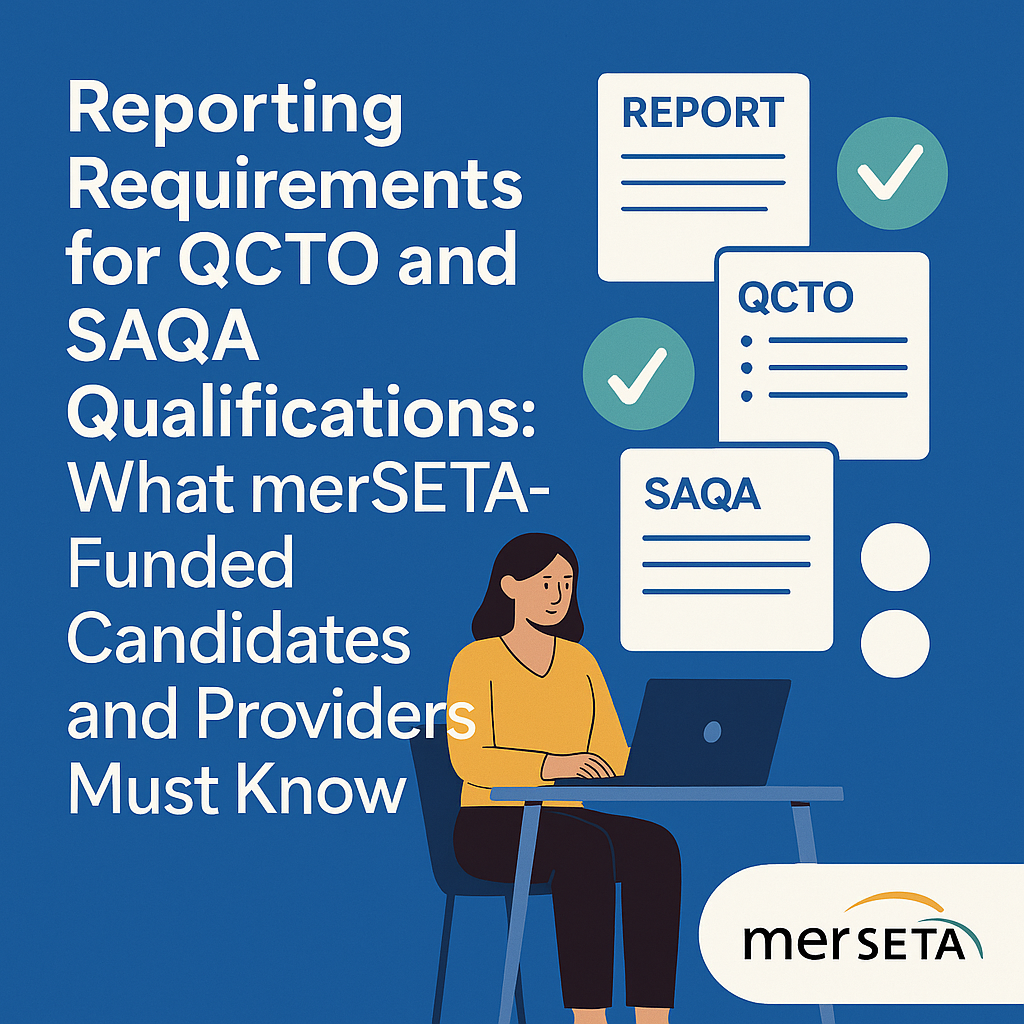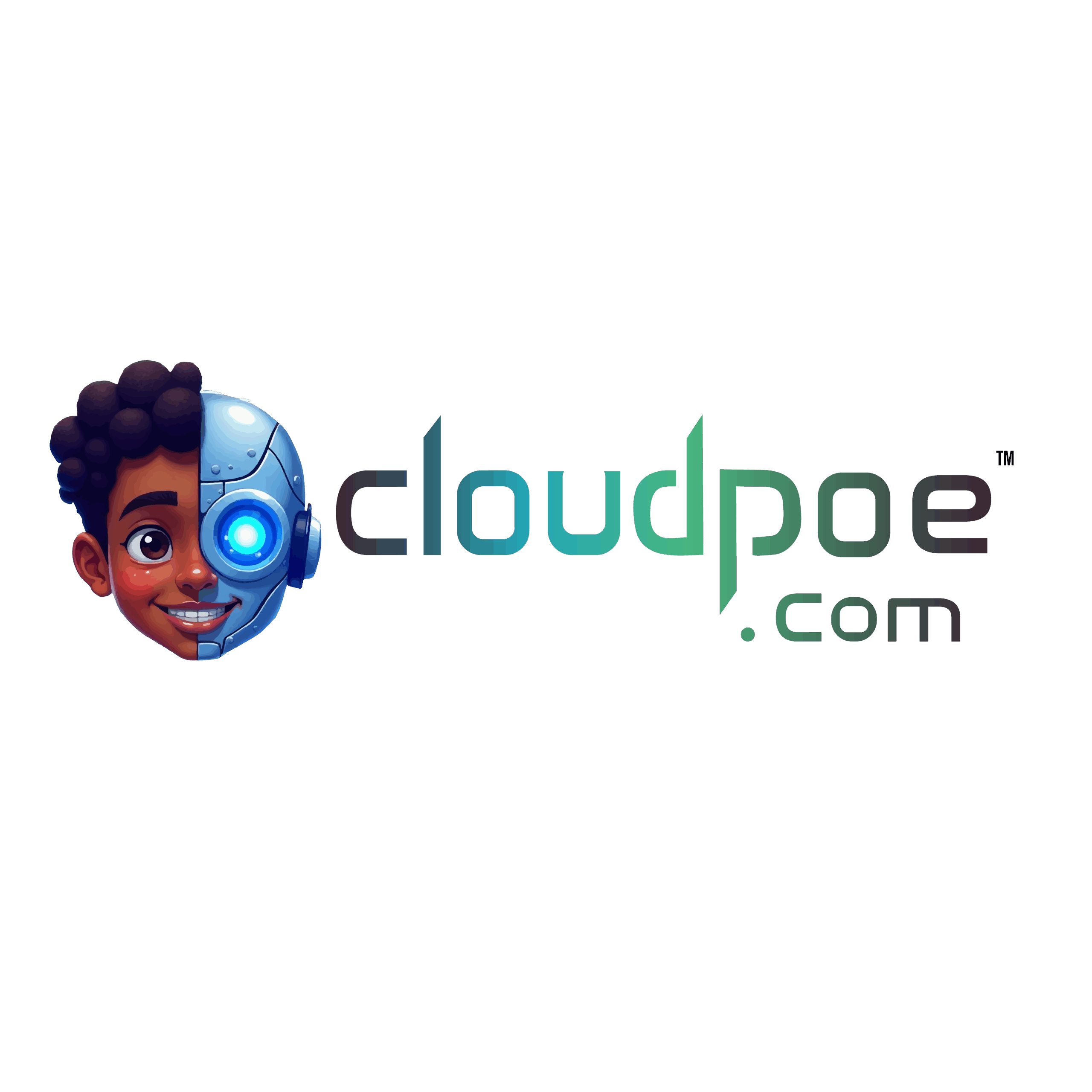
As the training and skills development environment in South Africa continues to evolve, merSETA-funded providers and candidates must stay informed about the reporting requirements tied to both SAQA and QCTO qualifications. These frameworks carry distinct processes, responsibilities, and documentation standards — and failing to comply can lead to delays in certification, audit failures, or even de-accreditation.
This blog breaks down what every merSETA training provider and learner needs to know about reporting under both systems — and how to stay audit-ready in 2025 and beyond.
SAQA vs QCTO: What’s the Difference?
The South African Qualifications Authority (SAQA) and the Quality Council for Trades and Occupations (QCTO) are both responsible for education and training quality assurance, but they apply different models.
SAQA Reporting Model
- Unit standard-based qualifications
- Modular assessments logged per unit standard
- Learner PoEs vary between institutions
- Reporting often done manually or semi-digitally
- Moderation managed by individual SETAs (like merSETA)
QCTO Reporting Model
- Occupational qualifications, based on job roles
- Reporting structured around three components:
- Knowledge (theoretical training)
- Practical (simulated activities)
- Workplace (real-life tasks)
- Requires standardized Portfolios of Evidence (PoEs)
- Emphasis on external summative assessments
- Moderation and certification are managed centrally by QCTO and Assessment Quality Partners (AQPs)
Reporting Requirements for merSETA-Funded Providers
Under SAQA:
- Record each learner’s progress per unit standard
- Submit PoEs for internal and external moderation
- Maintain logbooks, attendance sheets, and facilitation records
- Submit quarterly learner progress reports to merSETA
- Manually compile SETMIS-aligned training data
Under QCTO:
- Track learner performance by qualification component (Knowledge, Practical, Workplace)
- Submit digitally signed PoEs that follow QCTO templates
- Capture workplace learning data via digital logbooks
- Upload reports to merSETA’s electronic reporting platform or systems like SETMIS
- Prepare documentation for external assessments and verifications via AQPs
Key Challenges Providers Face
- Fragmented reporting tools
- Lost or incomplete PoEs
- Delays in stipend tracking and SETA claim submissions
- Failure to meet QCTO’s verification standards
- Poor readiness for external audits or assessments
How CloudPOE Solves These Reporting Problems
CloudPOE is a QCTO-aligned learnership management system trusted by South African training providers.
It helps providers:
- Digitally track attendance, PoEs, and assessments
- Automate reports for both SAQA and QCTO qualifications
- Generate compliant logbooks and moderator reports
- Align seamlessly with merSETA reporting expectations
- Maintain a centralised dashboard for learners, facilitators, and assessors
Stay Ahead of the Curve
As more legacy qualifications are replaced by QCTO programs, providers who modernize their systems will be:
- More compliant
- Less admin-heavy
- More attractive to funding partners
- Better prepared for audits
Ready to simplify SAQA and QCTO reporting?
📅 Book a CloudPOE demo today
And let us help you digitize your delivery, documentation, and SETA compliance.
